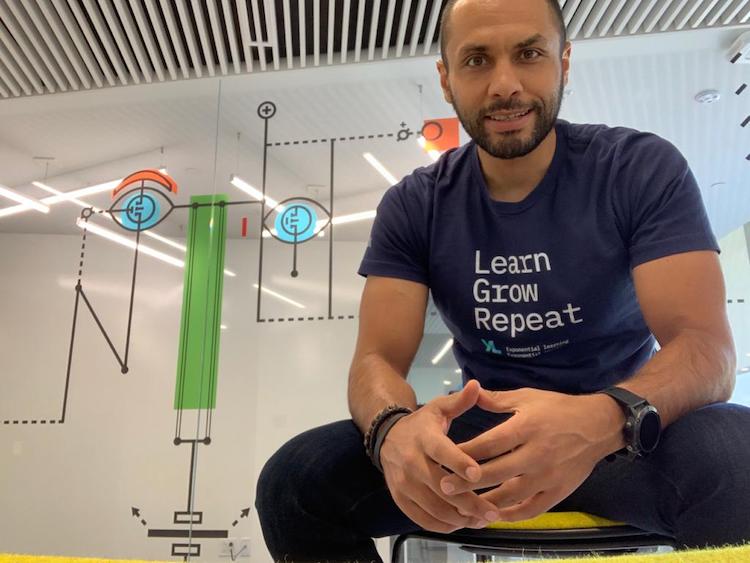
In recent times, corporate learning has gone through a series of major transformations, from traditional training to learning management systems and more recently to cognitive platforms that have the potential to merge diverse learning forms into a unified ecosystem and elevate the workforce experience. It is therefore paramount that today’s workforce has a clear focus on future-proofing employee skills with continuous learning and empowering employees to grow and be able to lead organizational transformation or take on new jobs in the market.
Meanwhile, the IBM Institute for Business Value reports that 60 percent of executives globally confirmed they are struggling to keep their workforce current and relevant. Employees expect learning experiences that are personal, engaging and authentic. As a result, there is an increased focus on influencing and designing irresistible experiences.
Learning and development teams can benefit by emulating key strategies used in digital marketing to help better predict the right learning for their workforces. This approach to learning secures the urge to stay relevant with enabling tools, shifting mindset and top-class learning. It also amplifies the rate and pace at which t professionals acquire unique skills, from content curators to community managers, solution architects, data and behavioral scientists, instructional designers and digital marketers, and so on.
Imagine shifting the behavior of your workforce to continuously learn, supported with data and behavioral insights. Imagine bringing consumerism to content without pushing it as mandatory content but rather architecting the choice. Imagine creating engagement around learning with socialized and gamified content that learners create, curate and consume.
 We have seen the rise of digital marketing in human resources mostly in employer branding and talent acquisition, and indeed it’s an exotic job to do digital marketing in HR. However, there is a need to adopt this same methodology with skilling and future-skilling the workforce. This is paramount to bringing a unique value to how employees learn and grow because in this age and time, there’s still so much to learn. Hence, there is a need to devise a game plan of how digital marketing can deliver a user-centric learning experience and achieve faster adoption of learning recommendations.
We have seen the rise of digital marketing in human resources mostly in employer branding and talent acquisition, and indeed it’s an exotic job to do digital marketing in HR. However, there is a need to adopt this same methodology with skilling and future-skilling the workforce. This is paramount to bringing a unique value to how employees learn and grow because in this age and time, there’s still so much to learn. Hence, there is a need to devise a game plan of how digital marketing can deliver a user-centric learning experience and achieve faster adoption of learning recommendations.
One key element of this game plan is to “humanize” the learning platform experience and make it more relevant to each learner based on their interests, content consumption behaviors and career aspirations using relevant channels of communication rather than defaulting to classic emails, which is a suboptimum way to get the right attention.
Another critical element for the adoption of digital marketing in workforce learning is using digital nudges and digital marketing campaigns with personalized content via multiple channels and in the flow of work. When deployed appropriately, nudges can steer learners to make better choices. Digital technologies boost nudges’ scale and speed, making them a valuable tool for changing behaviors in organizations of any size. Nudges are a key tenet of behavioral economics. Professor Richard Thaler, considered its founding father, won a Nobel prize in 2017 for his work on the “Nudge” theory.
Digital nudges and learning digital marketing can help to architect the choice based on understanding the behavioral data. When integrated within an AI-enabled learning ecosystem, smart nudges can maximize the adoption of relevant learning choices.
Reimagining learning can only be done by reimagining the learning team structure around experiences, data and business priorities and embedding learning in the DNA of the workforce that is keen to thrive in an increasingly changing environment. This personalized approach to learning will surely lead to greater results stemming from an increase in campaigns engagement, adoption of new behavior and more content consumption.











